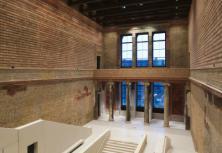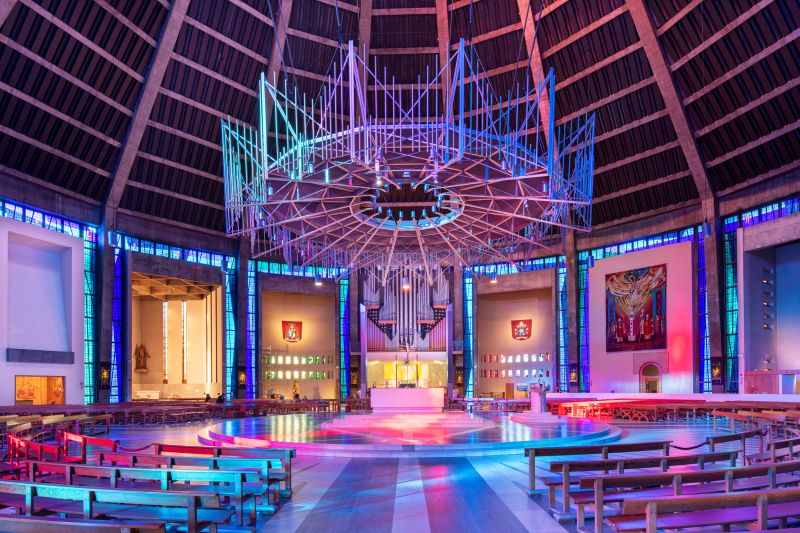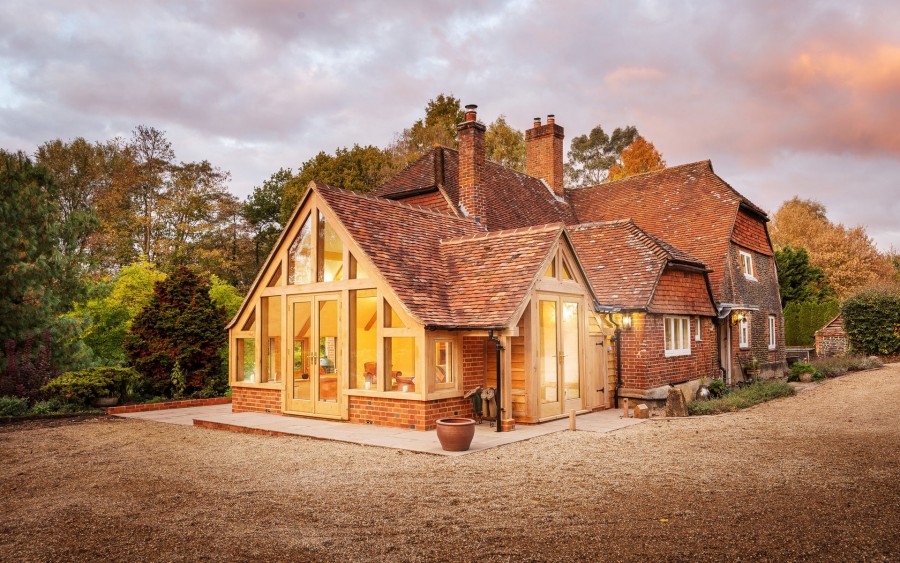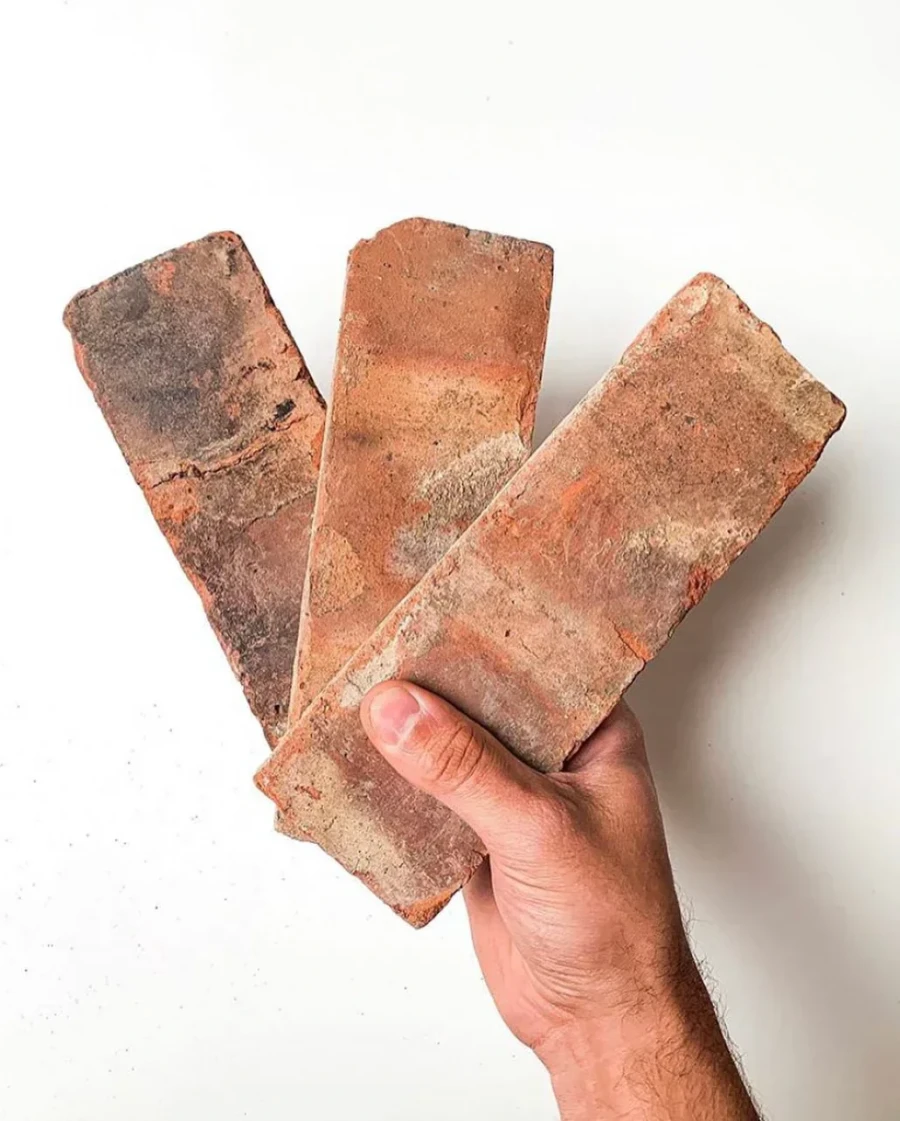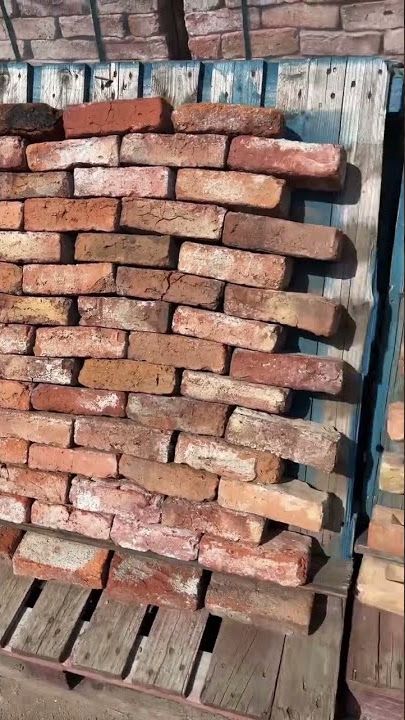Julian Harrap is the conservation Architect who many contemporary Architects admire. This is not because he takes a superficial view to dealing with history. On the contrary he has a deep and informed affection for existing buildings which makes him treat them with care but also allows him to appreciate how the old can work with the new.
As a result, in addition to working on projects that could be categorised as pure conservation, he has collaborated with David Chipperfield, one of the most fastidious and demanding of architects, on the much-praised reworking of the Neues Museum in Berlin. This project took a building that had suffered considerable damage during World War Two, and treated it with enormous respect. Where sections had been entirely destroyed, new volumes were created, but where there was still existing structure, and some remnants of existing decoration, the approach was to conserve rather than to restore.
The result is a series of magnificent spaces, whose beauty is enhanced by their battered status, and which not only perform a function but also tell a story. It is this element of storytelling in buildings that is at the heart of Harrap’s work, a purism of approach rather than of technique which made him an ideal match for the rigorous Chipperfield.
‘You have an obligation to tell the story of what you have done,’ he says. This means making repairs and changes easily identifiable, partly out of intellectual honesty, and partly to assist future generations who will be working on the building. It is also, for him, essential to preserve the correct part of a building. So, for instance, on the restoration of St Aldate’s, a house in Oxford where the frame had distorted severely, Harrap did not believe that the correct solution was to restore the frame to its original state. That engineering solution, although having its own kind of perfection, could only have been done at the cost of destroying almost all the surfaces internally and externally – the parts of the building that people know and touch, and which in many ways represent the true history.
Harrap is steeped in practical, historic knowledge and has a depth of understanding that fits him to work alongside giants of the past as well as of today. So he is the architect of the Soane Museum, creating new master plans as first one and then two buildings become available alongside the original house. This project is a delicate mix of creating new links and facilities while freeing up space in the original, most jewel-like building, and restoring existing rooms. Soane’s museum houses his eclectic collection and is a place where atmosphere is as important as access – a problem Harrap is having to grapple with, as the splendours of the museum become better known, and visitor numbers increase.






